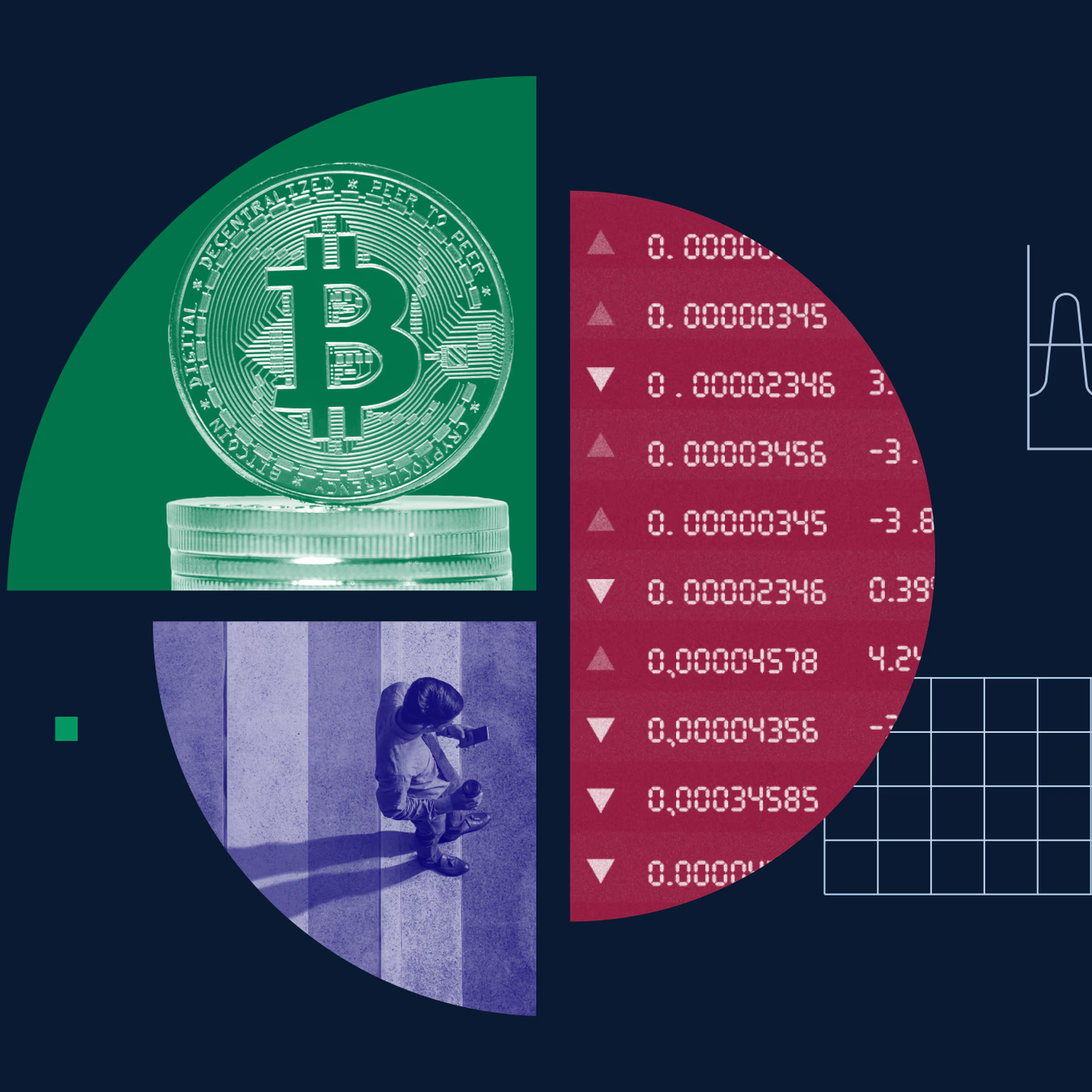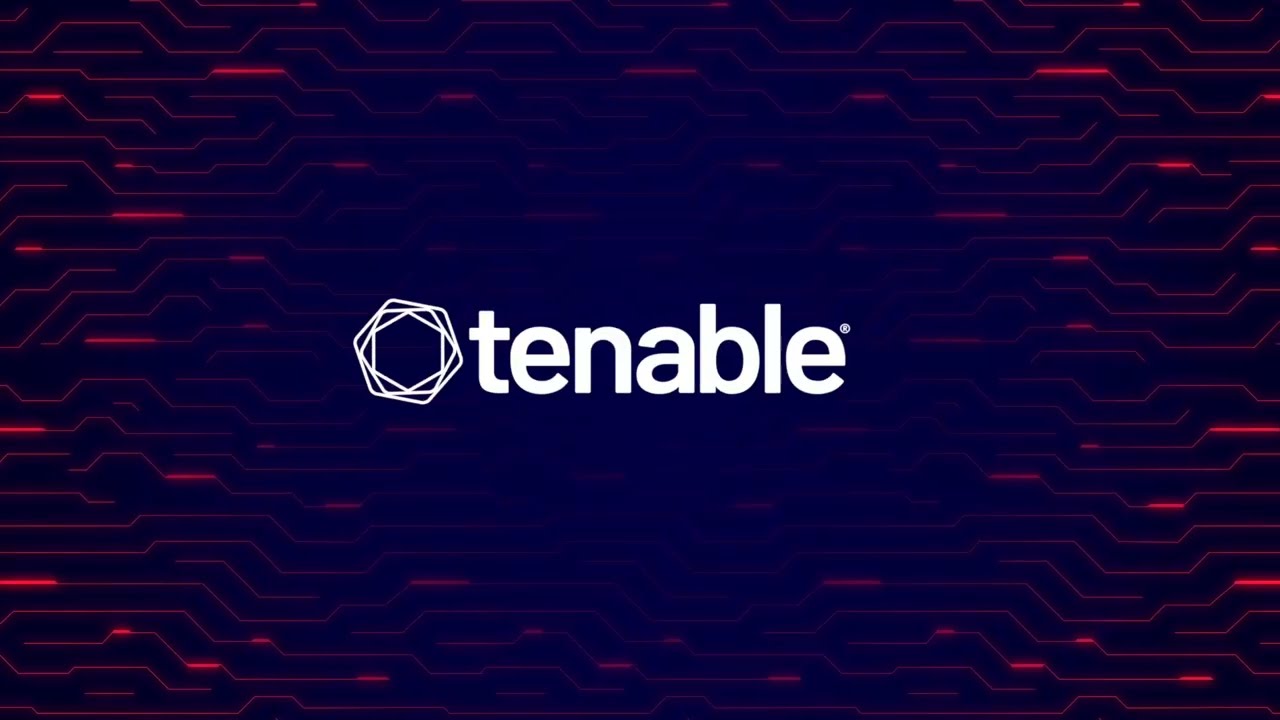Tenable Report Warns Cloud Security Gaps Threaten Australian Businesses
Australian organisations are facing a hidden
crisis of cloud vulnerabilities, according to the 2025 Cloud Security Risk Report released
today by Tenable,
the Exposure Management company. The report uncovers alarming security gaps in
cloud environments, from misconfigured storage exposing sensitive data to
embedded secrets in workloads, that could lead to data breaches,
financial losses, and serious regulatory repercussions under Australia's
Privacy Act and Notifiable Data Breaches (NDB) scheme.
The
research reveals a significant and widespread risk, finding that 9% of all
analysed cloud storage resources contain restricted or confidential
information. In environments housing vast volumes of data, this seemingly small
percentage translates to millions of sensitive records potentially exposed.
Even more alarming, nearly one in ten publicly accessible storage locations
holds sensitive data, driven by common misconfigurations, weak access controls,
and limited visibility, exposing organisations across industries to serious
security and compliance threats.
The
risks do not end there. Tenable’s findings show that 54% of organisations with
AWS ECS task definitions have a secret embedded within them, exposing
businesses to the threat of full cloud environment takeovers or exploitation
activities like unauthorised crypto mining. Even within AWS EC2 instances, 3.5%
contain credentials embedded in user data, giving attackers a clear pathway to
escalate privileges and compromise environments.
“Secrets
are the keys to the kingdom, yet many organisations are unknowingly leaving
them unguarded across their cloud infrastructures,” said Ari Eitan, Director of
Cloud Security Research at Tenable. “In today’s threat landscape, complacency
is costly. Organisations must treat secrets with the highest level of security
hygiene to prevent attackers from gaining footholds that can spiral into
full-blown breaches.”
The
risks are further compounded by tightening regulatory expectations in
Australia, particularly for organisations managing sensitive or critical data
in the cloud. The Security of Critical Infrastructure (SOCI) Act now requires
essential service providers to implement rigorous risk management programs and
report serious cyber incidents. At the same time, the Australian Signals
Directorate’s updated Essential Eight maturity
model urges businesses to adopt stronger baseline security controls, while the
Office of the Australian Information Commissioner (OAIC) continues to enforce
the Privacy Act and Notifiable Data Breaches (NDB) scheme. Non-compliance can
result in significant financial penalties and lasting reputational harm.
"As
Australian organisations adopt more cloud, a proactive, risk-driven security
strategy aligned with Australian Cyber Security Centre’s Essential Eight and
zero trust principles is urgently needed. The cloud offers agility, but without
strong controls and continuous monitoring, it creates significant exposures.
Understanding sensitive data, credentials, and access must be a board-level
priority," Eitan added.
The
report reflects findings by the Tenable Cloud Research team based on telemetry
from workloads across diverse public cloud and enterprise environments,
analysed from October 2024 through March 2025.

































Leave A Comment